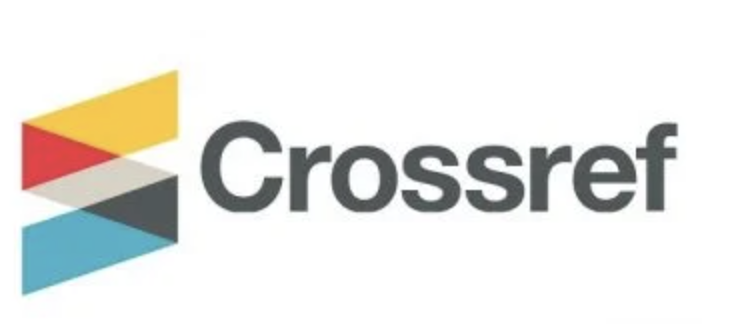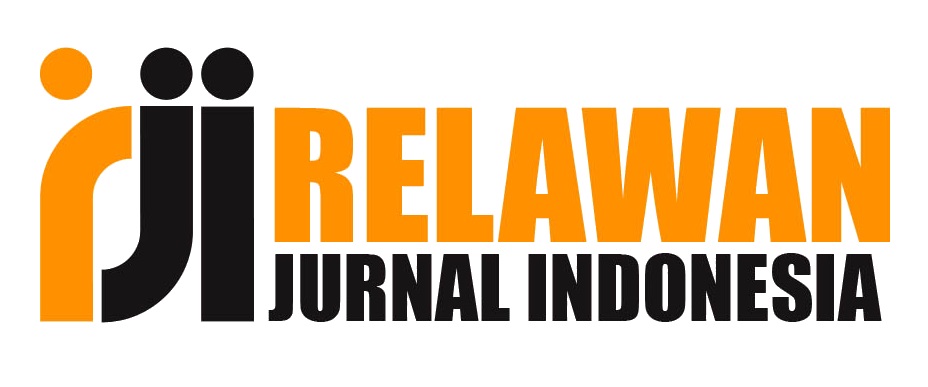The Art of Expression: Evaluating Speaking Skills Among MTs Riydah El-Ilmi's Eighth Graders
DOI:
https://doi.org/10.63324/lec.2v.1i.66Keywords:
Competence, EFL learning, Performance, Speaking skills, StudentsAbstract
This study provides a descriptive qualitative analysis of the English speaking performance challenges encountered by eighth-grade students at MTs Riyadh El Ilmi. Utilizing a multi-method approach, data were gathered through observation, semi-structured interviews, and video documentation. Student speaking proficiency was evaluated across five key components: grammar, vocabulary, pronunciation, fluency, and comprehension, using a standardized rubric. To ensure data credibility, a dual-rater approach and interrater validation were employed for assessing speaking performances and interview responses, respectively. Findings indicate prevalent issues such as limited vocabulary, mispronunciations, grammatical errors, and disfluency among students. Interview data further revealed significant contributing factors, including inhibition, lack of ideas, low participation, and reliance on the mother tongue. These insights align with existing literature on EFL learning challenges, highlighting the need for pedagogical strategies that address both linguistic deficiencies and affective barriers to enhance students' communicative competence
References
Amiryousefi, M. (2019). The incorporation of flipped learning into conventional classes to enhance EFL learners’ L2 speaking, L2 listening, and engagement. Innovation in Language Learning and Teaching, 13(2), 147–161. https://doi.org/10.1080/17501229.2017.1394307
Anggraini, A. (2022). Improving students’ pronunciation skill using ELSA Speak application. Journey: Journal of English Language and Pedagogy, 5(1), 135–141. https://doi.org/10.33503/journey.v5i1.1840
Brown, D. H. (2004). Language Assessment - Principles and Classroom Practice. San Fransisco State University. https://www.academia.edu/26575645/H_Douglas_Brown_Language_Assessment_Principles_and_Classroom_Practice
Creswell, J. W. (2012). Educational research: Planning, conducting and evaluating quantitative and qualitative research. Pearson Education.
De Saint Léger, D. (2009). Self‐Assessment of Speaking Skills and Participation in a Foreign Language Class. Foreign Language Annals, 42(1), 158–178. https://doi.org/10.1111/j.1944-9720.2009.01013.x
Hartshorne, J. K., Tenenbaum, J. B., & Pinker, S. (2018). A critical period for second language acquisition: Evidence from 2/3 million English speakers. Cognition, 177, 263–277. https://doi.org/10.1016/j.cognition.2018.04.007
Hasbi, M., & Nursaputri, E. (2024). Using ELSA Speak Application as A Medium to Improve English Speaking Skills. IJLHE: International Journal of Language, Humanities, and Education , 7(2), 91–102.
Hastomo, T., Sari, A. S., Widiati, U., Ivone, F. M., Zen, E. L., & Andianto, A. (2025). Exploring EFL Teachers’ Strategies in Employing AI Chatbots in Writing Instruction to Enhance Student Engagement. World Journal of English Language, 15(7), 93–102. https://doi.org/10.5430/wjel.v15n7p93
Ihsan, M. D., & Ihsan, M. D. (2016). Students’ Motivation in Speaking English. JEES (Journal of English Educators Society), 1(1). https://doi.org/10.21070/jees.v1i1.147
Ilma, R., & Manurung, J. E. (2019). Empowering Speaking Achievement by Using Inside-Outside Fishbowl. Channing: Journal of English Language Education and Literature, 4(1), 1–9. https://doi.org/10.30599/CHANNING.V4I1.729
Sari, L. P., Hastomo, T., & Nurchurifiani, E. (2023). Assessing the Efficacy of Duolingo for Acquiring English Vocabulary Skills: Experimental Research. Journal of English Teaching Applied Linguistics and Literatures (JETALL), 6(2), 193–200.
Yeh, H. C., Chang, W. Y., Chen, H. Y., & Heng, L. (2021). Effects of podcast-making on college students’ English speaking skills in higher education. Educational Technology Research and Development, 69(5), 2845–2867. https://doi.org/10.1007/s11423-021-10026-3















